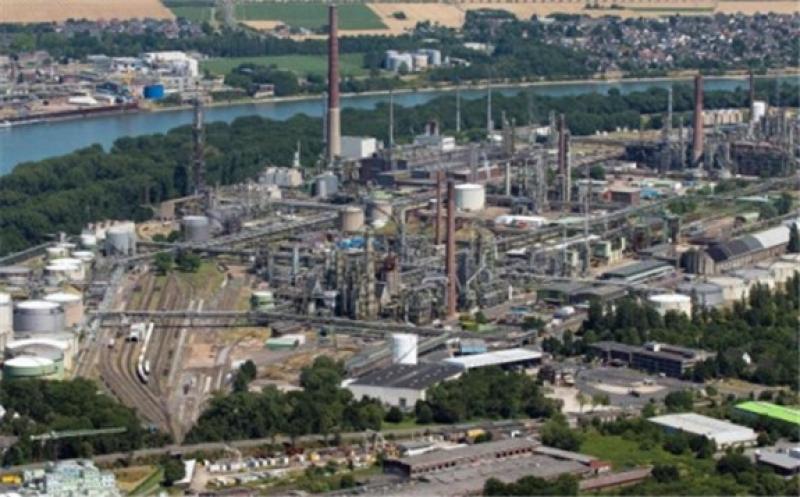Shell plans to end crude processing at the Wesseling site within the Rhineland refining complex in 2025 as the facilities are repurposed for non-fossil fuel feedstocks and renewable hydrogen production.

Shell outlined plans for the facility to take a variety of new biogenic and waste feedstocks, underlining that no final investment decision had yet been taken, and crude processing would still take place at the adjoining Godorf site. The Wesseling portion of the Rhineland refinery accounts for half the overall refining capacity, or 8 million mt/year. In October the Refhyne II consortium developing a 100-MW electrolyzer to produce renewable hydrogen at the Wesseling site received a Eur32.4 million ($37.4 million) grant from the EU. The project follows on from the 10-MW Refhyne I at the refinery, Europe’s largest proton exchange membrane electrolyzer, which started operations in July, producing up to 1,300 mt/year of renewable hydrogen.
Petroineos’s Grangemouth refinery in Scotland has seen its capacity reduced by 30% to around 150,000 b/d after the closures of a crude distillation unit and the fluid catalytic cracker. In January, the company concluded consultations with employees regarding its proposal to reconfigure the Grangemouth refinery. The company had previously proposed a smaller refining operation at Grangemouth and plans to mothball the CDU1 and the FCC, two units that “have been closed throughout the COVID pandemic due to significantly reduced local and international demand for fuels”.
The Livorno refinery in northwest Italy will stop refining crude and suspend all related activities by the end of 2022. The production of lubricants and ancillary activities will continue for the foreseeable future. In January, Eni said it was evaluating the conversion of Livorno into a biorefinery.
ExxonMobil permanently shut its Slagen refinery in Norway in June to convert the site into a fuel import terminal.
Gunvor’s Rotterdam refinery shuttered its two crude processing units, one in 2019 and the other in 2020, and is developing new processes around hydrogen and the coprocessing of vegetable oil. Gunvor has also agreed to partner with petrochemical group Dow to purify pyrolysis oil feedstocks derived from plastic waste, using an existing unit at its refinery site in Rotterdam.
Gunvor’s refinery in Antwerp is being mothballed, with terminal activities continuing at the site. Future development opportunities are being assessed.
TotalEnergies said it would convert the Grandpuits refinery into a biofuel and plastics recycling complex, ending crude refining at the site in early 2021.
Portugal’s Galp said in April the last units at its Porto refinery should be stopped at the end of the month and decommissioning will then start, to be followed by decontamination. The company had said it would discontinue refining operations at the Porto refinery from 2021 and concentrate its core refining activities and future developments at the larger Sines refinery. The site at Porto will remain a logistics hub, with the company assessing other uses.
Finland’s Neste said it had discontinued refining operations at its smaller Naantali refinery at the end of March 2021. With Naantali shut down, the company will focus the site on terminal and harbor operations.